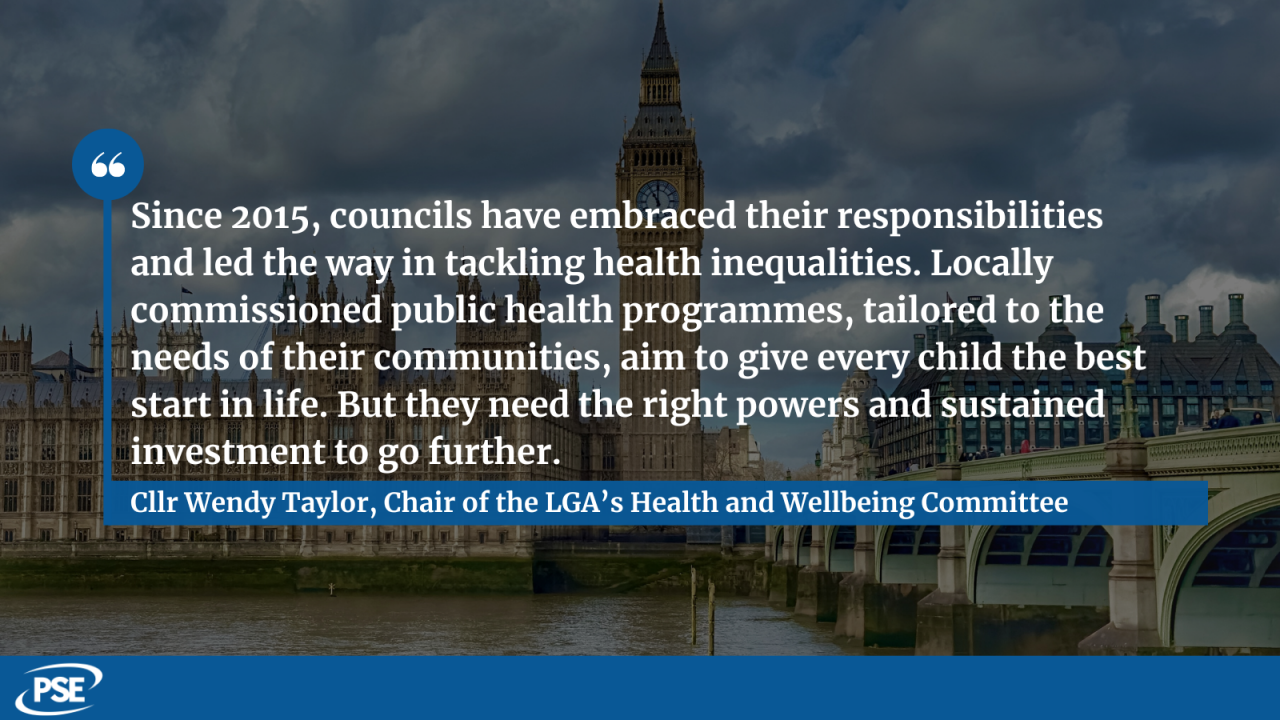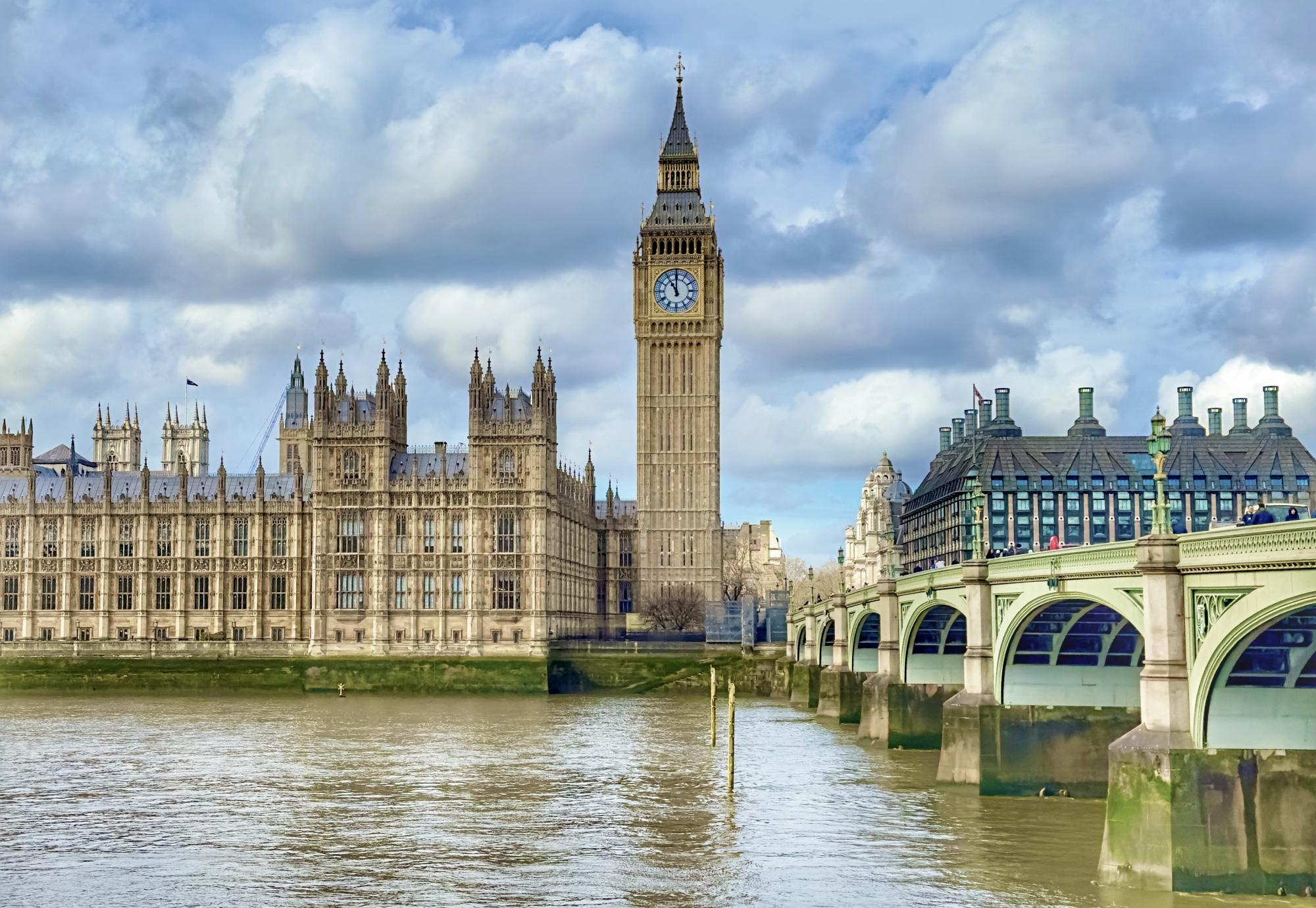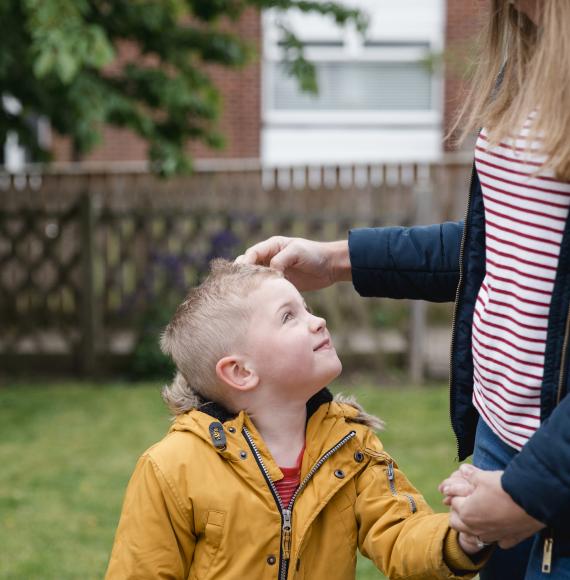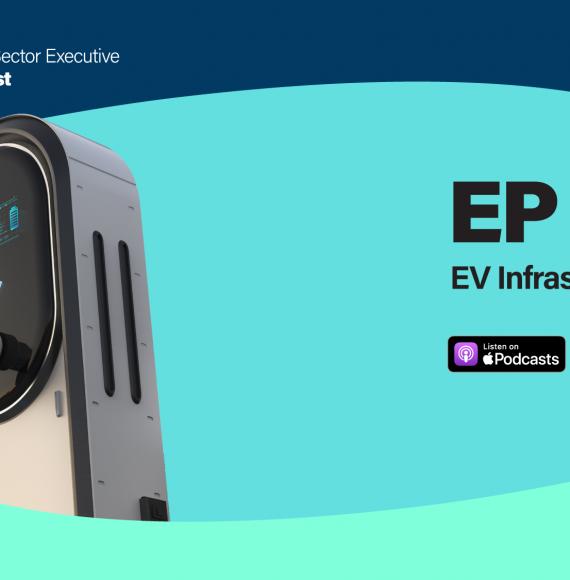As the UK marks 10 years since children’s public health responsibilities moved to local authorities, the Local Government Association is calling on the government to commit to bold, sustained investment in public health ahead of the Autumn Budget.
The LGA warns that without strong national leadership and adequate funding, the ambition to raise the healthiest generation of children risks being missed.
Latest figures from the National Child Measurement Programme (NCMP) show:
- 10.5% of reception-age children are living with obesity – the highest rate since records began in 2006/07
- While Year 6 obesity rates have declined post-pandemic, overall levels remain stubbornly high
- Children in deprived areas are more than twice as likely to be obese as those in wealthier areas
The LGA says this lack of progress proves voluntary measures are not enough and calls for urgent government action.
Since taking on full public health responsibilities in October 2015, councils have commissioned vital services like health visitors and school nurses, used planning powers to limit fast-food outlets near schools, promoted healthier advertising and worked with local businesses to support nutritious options.
However, councils have faced a £858 million cut to the Public Health Grant since 2015 and need greater powers to restrict unhealthy advertising and embed public health teams in planning systems.
Ahead of the Autumn Budget, the LGA is urging the government to restore the Public Health Grant, which has been cut by 27% in real terms since 2015/16, whilst also moving to multi-year funding settlements to enable long-term planning. Alongside this, the LGA has called for the government to review funding distribution to reflect changing population needs and deprivation, and give councils greater control over Soft Drinks Industry Levy revenue to target investment in areas with severe child health inequalities
Chair of the LGA’s Health and Wellbeing Committee, Cllr Wendy Taylor, said:
“Public health is central to prevention and early intervention in health and social care, and to the successful delivery of the NHS 10-year plan.
“Since 2015, councils have embraced their responsibilities and led the way in tackling health inequalities. Locally commissioned public health programmes, tailored to the needs of their communities, aim to give every child the best start in life. But they need the right powers and sustained investment to go further.
“Childhood obesity is one of the biggest public health challenges we face. The rise in obesity among Reception-aged children is concerning, especially as it reflects early patterns that can track into later life. While the small fall in Year 6 rates is encouraging, overall levels remain high and require continued attention. The stark inequalities revealed in this data, with children in the most deprived areas more than twice as likely to be obese as those in the least deprived, underline the urgent need for targeted action.
“Lasting change requires national leadership and cross-government collaboration. The ambition to raise the healthiest generation of children must be backed by sustained funding. Restoring the Public Health Grant and further strengthening councils’ role in planning and advertising regulation are vital steps to support children and families and reduce long-term pressure on the NHS.”

The LGA says these steps are essential to tackle obesity, reduce tooth decay, and boost physical activity, ensuring every child has the opportunity to thrive.
Image credit: iStock



















